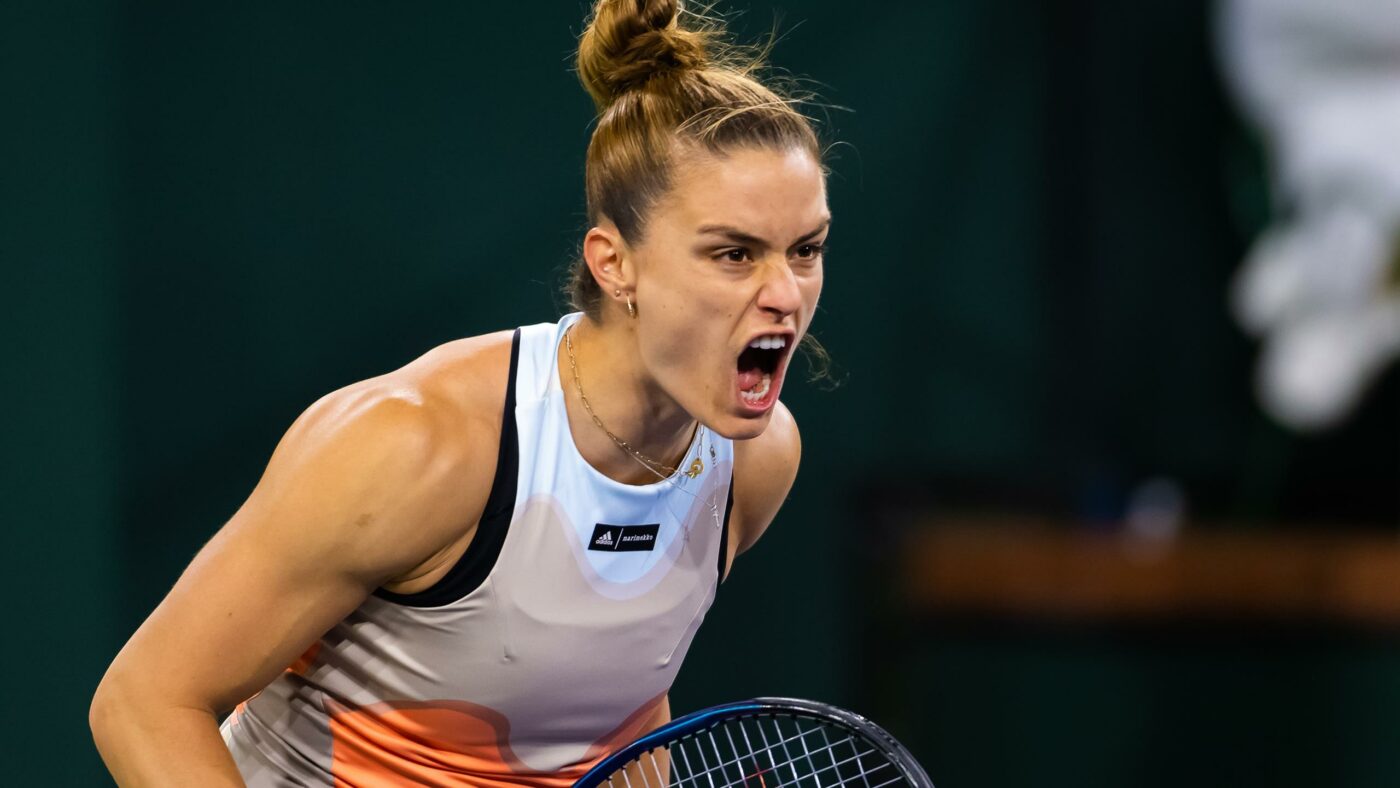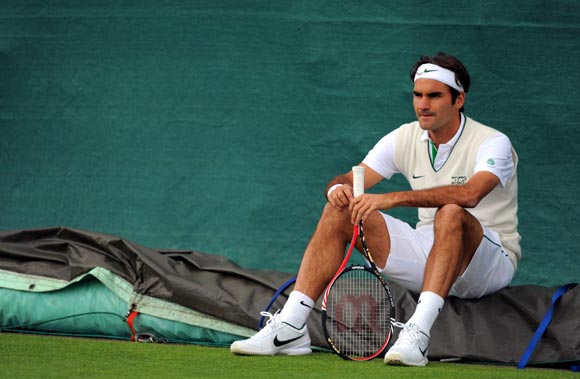Tennis Psychology
Mental Toughness: How to Build Your Inner-Strength Bank Account
Mental toughness does not mean clenching your teeth, trying harder, thinking more, straining your eyes to focus or having someone scream “Be tough!” at you. Mental toughness is the ability to remain positive and proactive in the most adverse of circumstances. Let’s look at the most important attribute a player must have.
Mental Toughness: Build Your Inner Strength Bank Account
Mental toughness is built on doing the thing that is hard over and over again, especially when you don’t feel like doing it or you feel it is already beyond your reach. It’s not over until the very last point is played, or the whistle blows, or the winning post is passed! Push through on your moments, when you are not feeling your best and elevate your inner strength levels to new heights, bring out the true champion in yourself and push forwards and upwards. Distraction, discomfort and difficulties are no match for the champion!

Dogged Determination is the Key
This dogged determination requires keeping your feet moving forward through inconveniences, substantial discomfort and insecurities to reach your top goal, the true result you are seeking. When you want something really badly, don’t give up until you’ve got it.
Mental toughness can be demonstrated at a particular moment in time or over the long run, as in your overall career success. Doing the thing that is hard over and over again is like depositing money in your inner-strength bank account.
For a very recent example of turning the whole game around we can look at Maria Sakkari’s match against Petra Kvitova at Indian Wells March 2023. Following her first set loss against the Czech, 4-6, the Greek Gladiator battled her way back in the second set to overcome the initial loss, winning 7-5 to level the match. If you studied her body language and mental toughness she tapped into during the second set turnaround, you could see how her belief in her inner self was the source of that inner strength that then took her through the final set, crushing the older and more experienced Kvitova, 6-1. This is how youth triumphed over experience. It is always better to acknowledge and accept whatever happens, let it go and focus forward with complete confidence. Maria’s attitude was that she needed to keep her head in the game because there were two more sets to play. Remember, whether in training or in a competition, tough times require mentally tough responses.
Now let’s take Roger Federer and the length of his successful career, winning 103 ATP singles titles including 20 major singles titles, 28 ATP Masters titles, and a shared record of six ATP Finals. Federer was also a gold medalist in men’s doubles with Stan Wawrinka at the 2008 Beijing Olympics and a silver medalist in men’s singles at the 2012 London Olympics.

How Did You Come Back from Loss To Win?
Think back to your last battle that you were losing in which you turned it around and achieved the win you so truly desired.
- What were you thinking at the time of your losing?
- What was the turning point?
- What did you tap into to bring about that change?
- What effect did it have on your opponent/s?
- What was your final result?
- How did you feel once you achieved your final result?
How you deal with your inner anxiety and commit to turning things around determines your ability to be a true champion. Who is driving you? Who is in charge? Your body or your mind?
Please share your Comments with us below or contact us on WhatsApp tel +44 7849502790 or email us at info@zoealexanderuk.com.
Excerpts taken from “The Champion’s Mind – How Great Athletes Think Train and Thrive by Jim Afremow PhD. ISBN 978-1-62336-562-2 – An excellent read from a leading sports psychology consultant and licensed counsellor.



